Presented by the Japan-America Society of Washington DC in collaboration with NAJAS and the JUMP Program.
Each year JASWDC holds a Japan-US Military Program (JUMP) panel discussion at the National War College, inviting experts on the US-Japan relationship to share their views on a diverse range of topics and issues.
Now in our 5th year, the JUMP event stands in contrast to many of the Society’s Signature events and language & cultural programming. Through this event, we have the opportunity to interact with an audience separate from our regular membership – one comprised primarily of National War College students and Military affiliated individuals. As interest and attendance continue to grow, this event is something that we look forward to with growing anticipation each year.
JUMP Event 2023
The Contemporary Role of the Defense Sector
2023 JUMP Event Theme
On February 8, 2023 (Washington, D.C.)/February 9 (Tokyo), the Japan-America Society of Washington DC, the National War College, and the National War College Alumni Association hosted the 8th annual partnership event studying the U.S.-Japan Alliance in the Indo-Pacific.
This year’s event, “The Contemporary Role of the Defense Sector,” delved into matters such as information security, security clearance processes, globalization of supply chains, and the increasingly trans-national nature of modern corporations as a means to discuss and better understand the nuances that define the private sector’s opportunities and challenges as key players in the US-Japan alliance and Indo-Pacific Security.
The event was held live and in-person at the historic Arnold Auditorium of the National War College and hosted a combined total of 180+ in-person and virtual speakers and attendees.
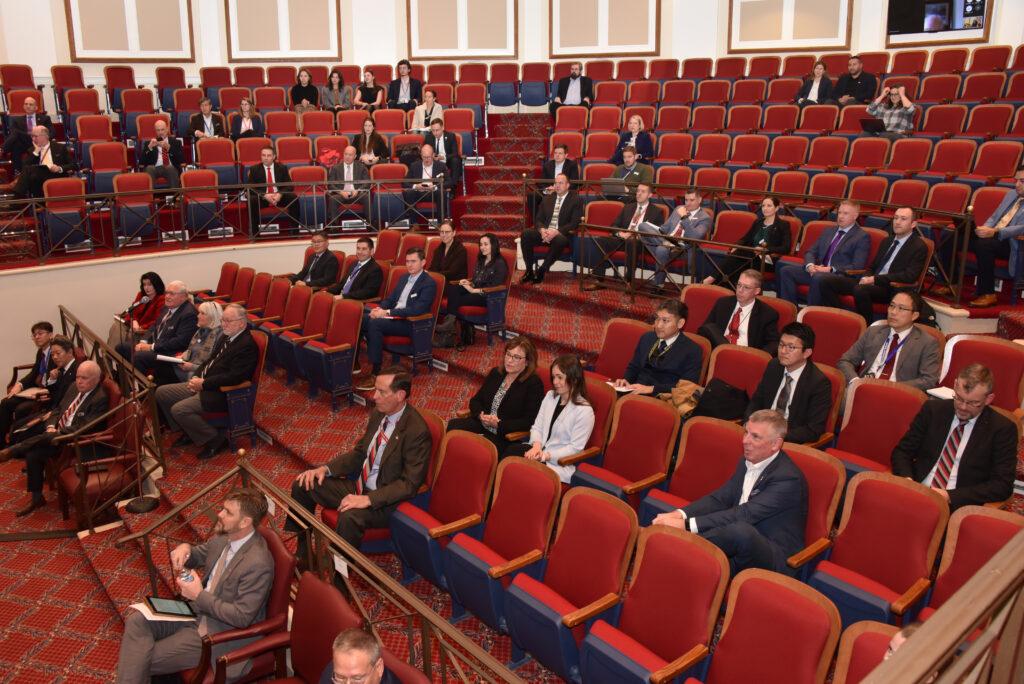
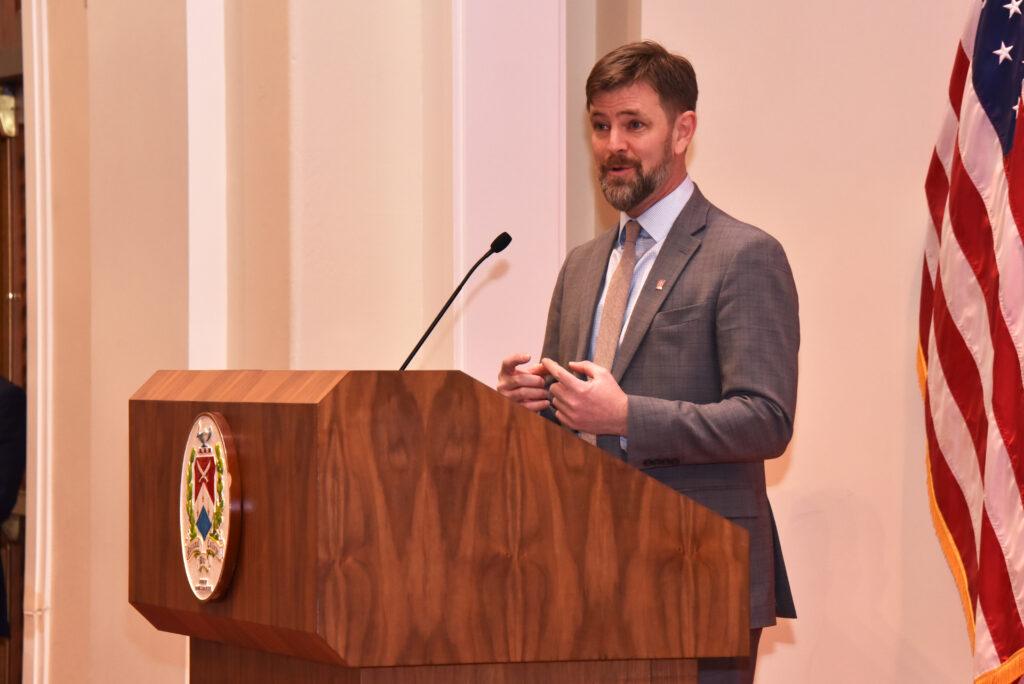
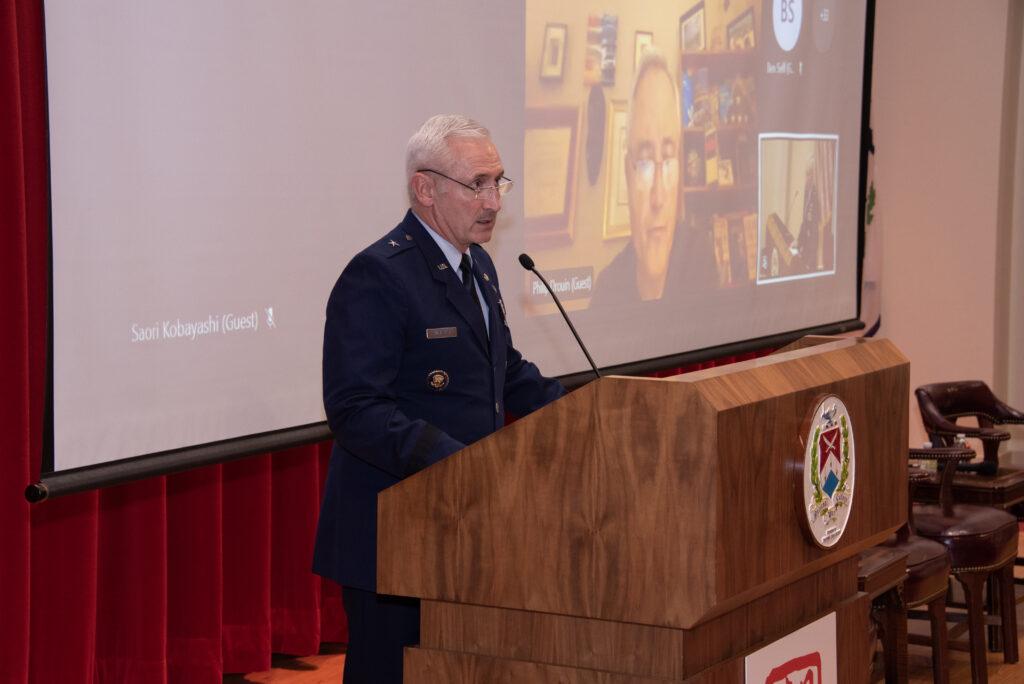
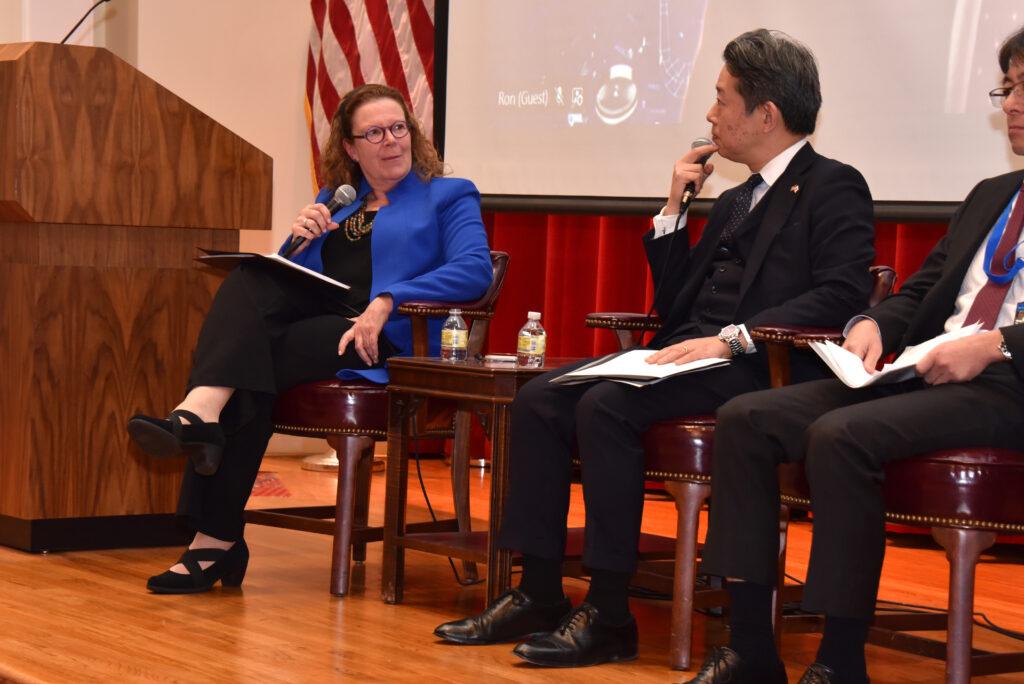
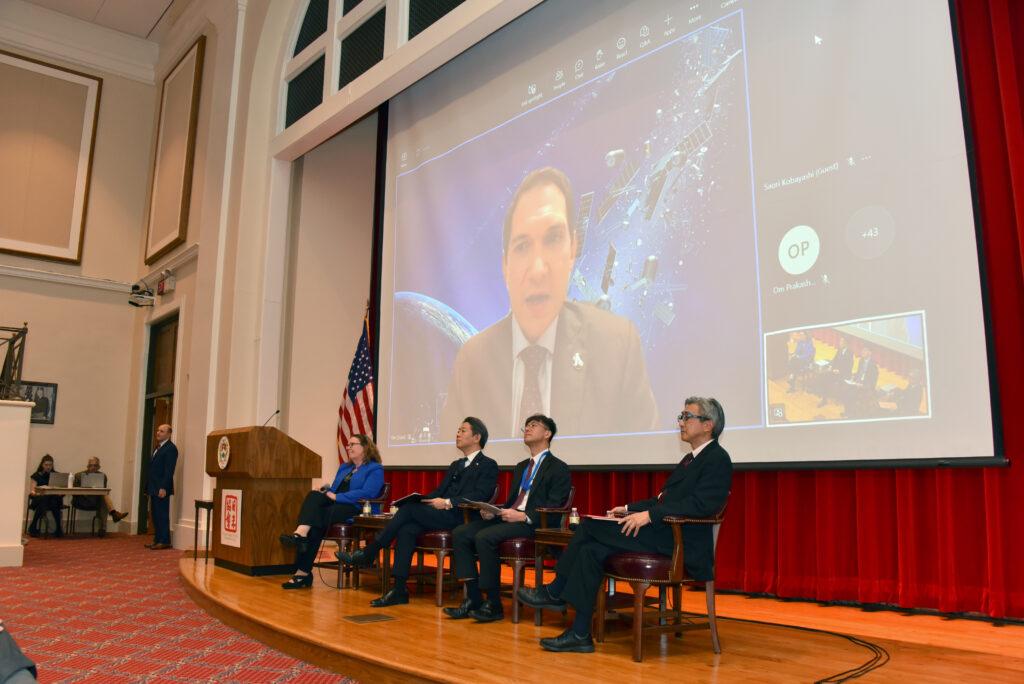
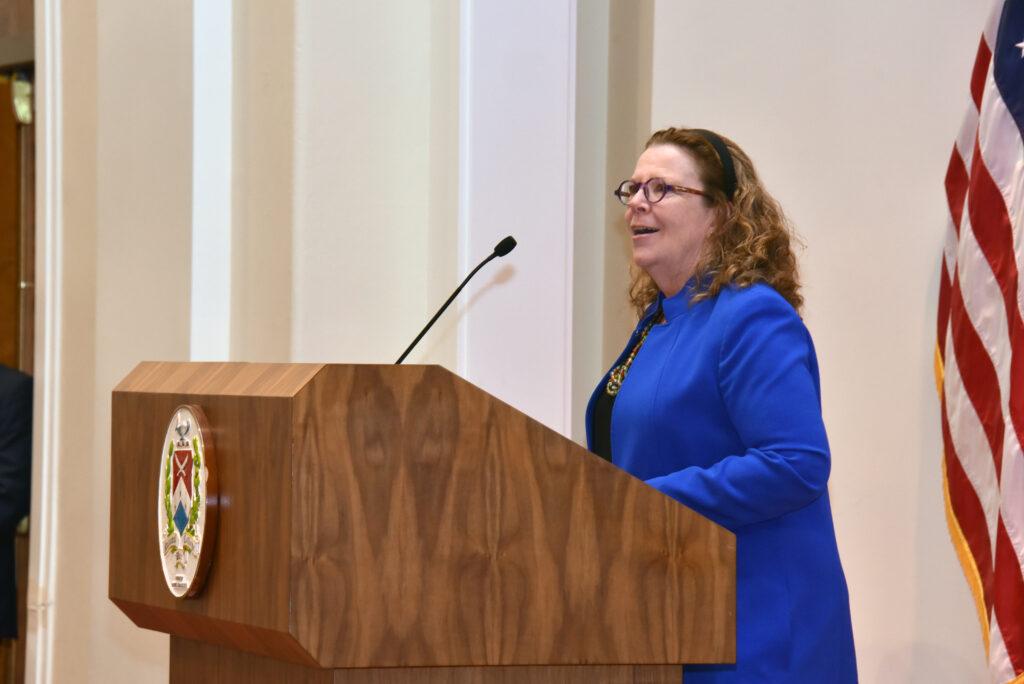
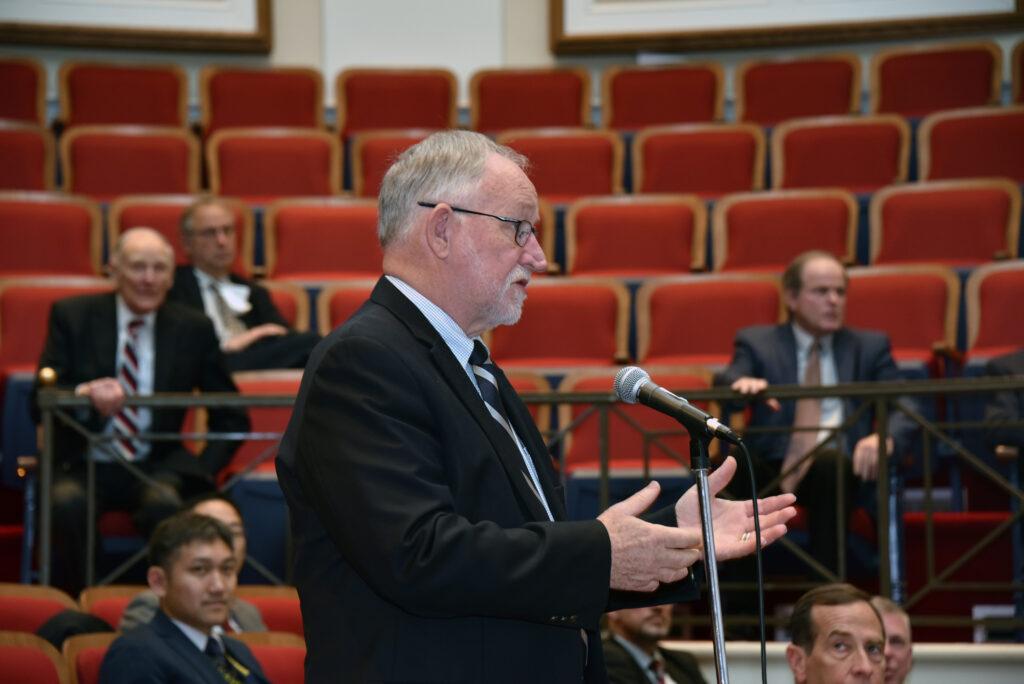
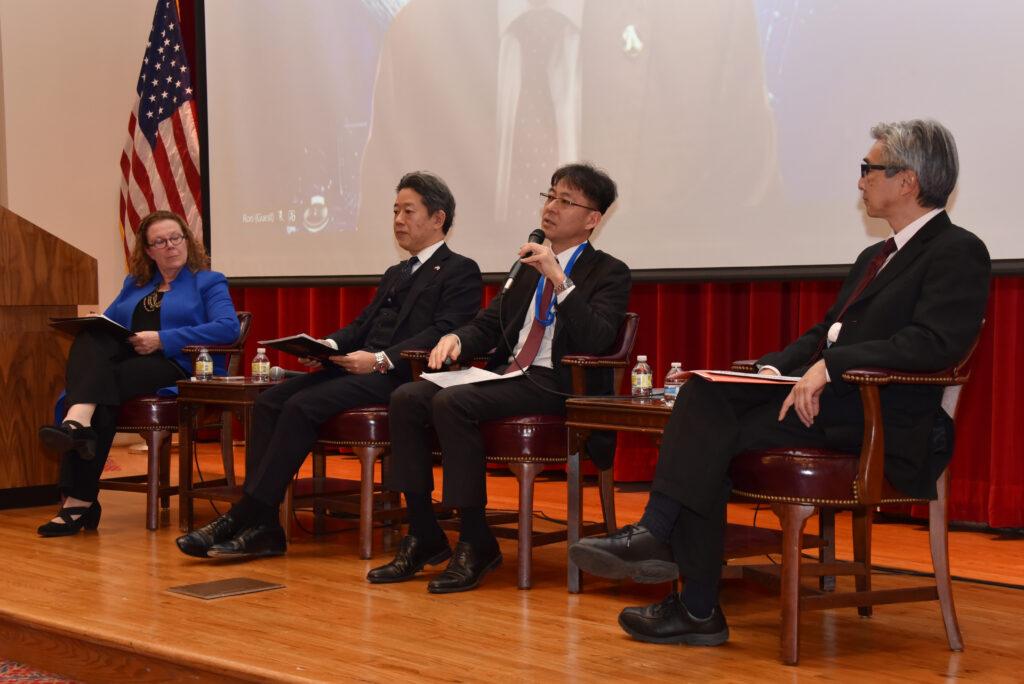
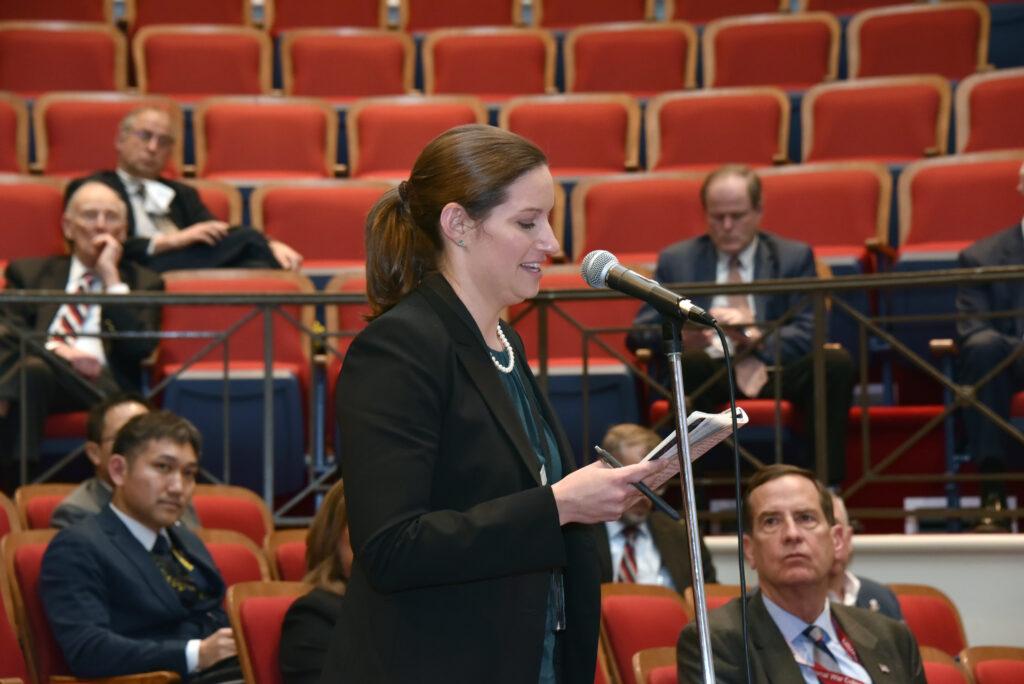
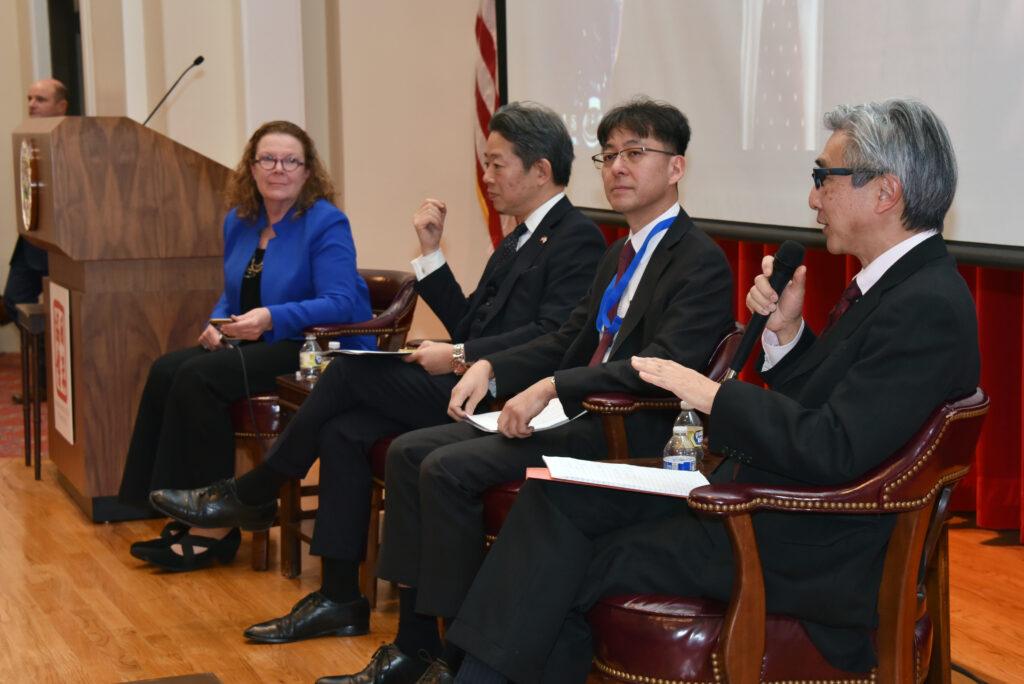
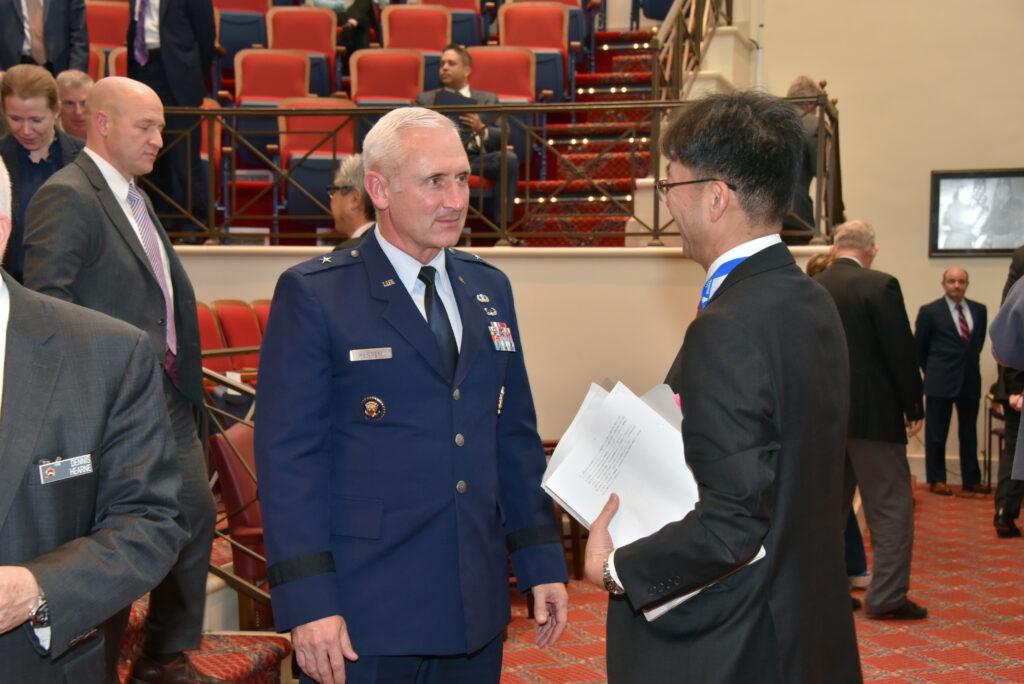
JUMP Event 2021
Great Power Competition in the Indo-Pacific:
2021 JUMP Event Theme
Implications for US-Japanese Regional Leadership
The United States-Japan Alliance has served to underpin security in East Asia, leading to over a half-century of relative stability and prosperity in the region. However, China is increasingly challenging the existing rules-based regional order and competing for influence across multiple dimensions.
On November 18th 2021, the Japan-America Society of Washington DC and the National War College hosted the seventh annual Japan-U.S. Military Program event in partnership with the National War College Alumni Association, the National Association of Japan-America Societies, Sasakawa USA and the Japanese Embassy. Great Power Competition in the Indo-Pacific: Implications for U.S.-Japanese Regional Leadership explored ways in which the United States and Japan can work together, and with others, to maintain a free and open Indo-Pacific region in the face of these new challenges.
JUMP Event 2020
US-Japan Partnership on Strengthening Economic Architecture in Asia
2020 JUMP Event Theme
In the six decades since the signing of the U.S.-Japan Treaty of Mutual Cooperation and Security, the United States-Japan Alliance has served to underpin security in East Asia, leading to over a half-century of relative stability and prosperity for the region. Beyond the alliance, however, is an economic architecture that has also played an important role in the region’s stability and prosperity. On October 15th, the Japan-America Society of Washington DC will host Washington, D.C.’s annual Japan-U.S. Military Program event in partnership with the National War College, the National War College Alumni Association, the National Association of Japan-America Societies, and Sasakawa USA. The event will explore the role played in East Asian security by the region’s trade relationships and economic forums, aiming to help understand the interplay between economic strategy and broader U.S.-Japan strategic considerations for the region.
JUMP Event 2019
The US-Japan Alliance and Security in the Indo-Pacific Region
2019 JUMP Event Theme
Distinguished specialists on Japan, China, the Korean Peninsula, Southeast Asia, and the U.S. Japan Alliance will discuss the U.S. and Japan’s defense contingencies that impact U.S. forward-deployed forces and regional relationships. Dinner and reception will follow.

